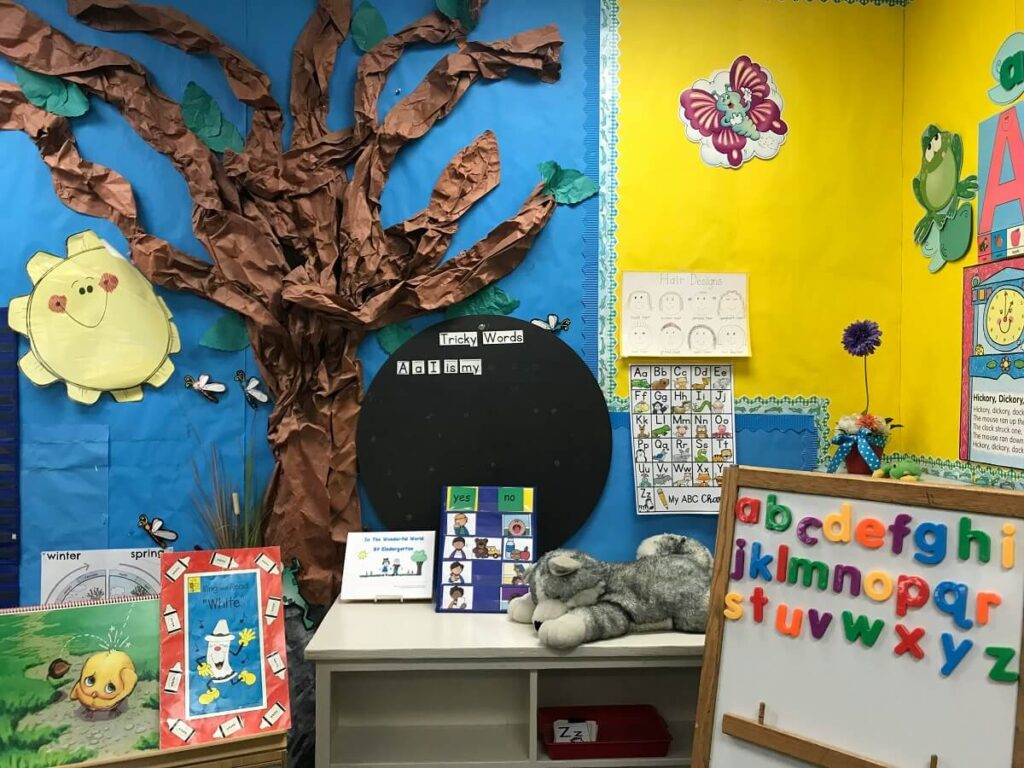
The U.S. Bureau of Labor Statistics reports that the majority of households with children under 18 feature two incomes, accounting for about 50 to 60% in this category. While many parents have help from family members when it comes to childcare, others use daycare services when children are young.
Some daycares provide only basic services, like supervision, play, and feeding. Others go beyond to offer enrichment based on developmental milestones.
If you’re looking for daycare opportunities that nurture your child’s mind, body, and spirit, the Montessori philosophy and community may appeal to you. Here’s what you can expect your child to learn in a Montessori daycare.
Developmental Stages
First, you should know that children in Montessori programs are grouped by developmental stages, including:
- Young Children: 18 months to 3 years
- Primary: Three years to kindergarten
- Lower Elementary: First to third grade
- Upper Elementary: Fourth to sixth grade
- Middle School: Seventh to eighth grade
The Montessori method features multi-age classrooms instead of just a single grade level, where children at different stages interact. This can help younger students learn while older peers develop leadership skills. At the daycare level, which includes toddlers and preschoolers, there are several key areas of focus.
Hands-On Learning
The Montessori method of learning starts with an immersive, hands-on approach that engages curiosity and improves how children absorb information and develop skills. Initially, this includes observing and exploring environments and lessons with a focus on the five senses, kinetic movement, and spatial refinement to develop motor skills and concrete knowledge.
As children progress and master lessons, they build on existing knowledge and skills, and the focus shifts to areas like language, mathematics, science and culture, and practical life skills.
Montessori Work Cycles
It’s not unusual for children in traditional classrooms to have blocks of time set aside to focus on different subjects. The Montessori method also features work cycles, but the principle and practice are a little different.
These uninterrupted blocks of time are devoted to practicing and reinforcing previous lessons, presenting new information, and allowing children to choose their own lessons and learn at their own pace within a prepared environment. This sets the stage for immersion and investment in the learning process.
Children also enjoy socialization with peers, opportunities to engage in movement activities, outdoor time for play and sensory experiences, and snack breaks.
Child-Directed Learning
Even from a young age, children are capable of managing their learning process with guidance from teachers. This begins at the daycare level, where children are encouraged to explore and do things for themselves.
When children are allowed some agency to choose what they want to learn, they are often better able to focus and absorb information and can begin to develop mastery of subjects and skills.
There are no grades in these programs. Progress is measured through teacher observation and interaction with students, as well as student ability to understand concepts and apply them practically.
The goal is to help children work toward understanding at their own pace, and self-directed learning supports interest and exploration.
Montessori Is More Than Just a Daycare
Children can flourish in an environment that addresses the needs of the whole child, with lessons carefully curated to encourage academic and social development. An emphasis on developmental stages in multi-age classrooms means children are exposed to an appropriate range of learning, allowing them to develop at their own pace.
With hands-on learning, guided work cycles, and an approach that favors self-directed activities, Flagstaff Montessori – Sunnyside Campus seeks to nurture children physically, mentally, emotionally, and socially — from daycare to adolescence. If you’re interested in learning more about our programs, contact us today.
